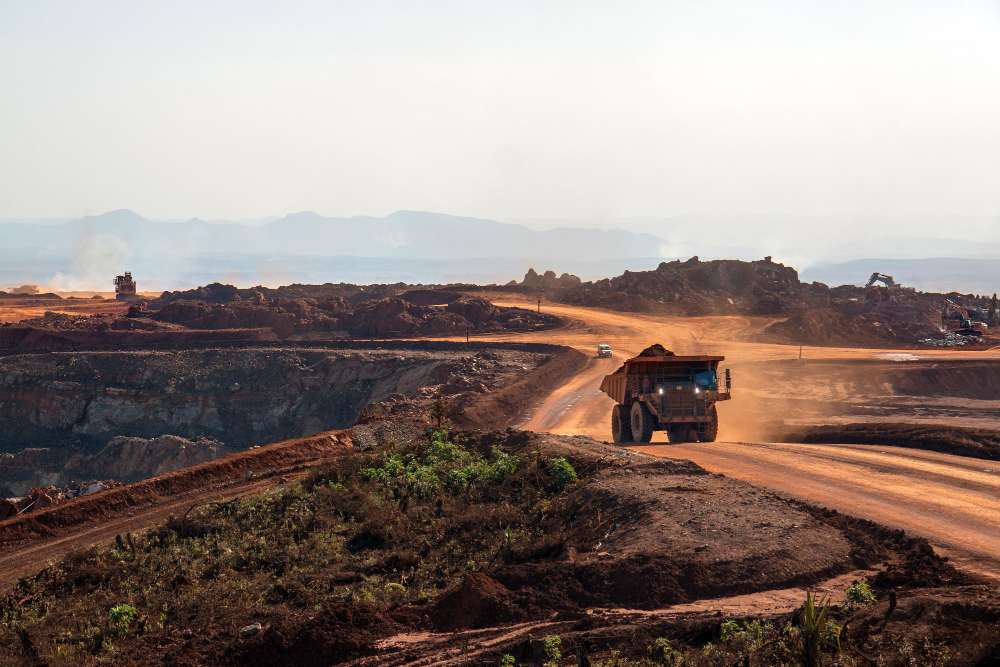The EU came to an agreement to restrict the import of commodities that are believed to lead to deforestation.
The proposed rule has been praised as “groundbreaking” by environmental organisations since it seeks to guarantee “deforestation-free supply chains” for the 27 member states of the European Union.
Companies selling goods into the European Union must ensure that none of their products were made on any territory that was subject to deforestation after December 31, 2020. Products such as beef, furniture, and chocolate are included in this definition, as are palm oil, cattle, soy, coffee, cocoa, lumber, and rubber.
After China, the European Union is the largest consumer market for the goods in question. Substantial deforestation has been caused by illegal production across nations including Brazil, Indonesia, Malaysia, Nigeria, the Democratic Republic of the Congo, Ethiopia, Mexico, and Guatemala. According to the Food and Agriculture Organization of the UN, during the previous thirty years, forests have been cleared from a total area larger than the European Union, or over one billion acres.
The new deal was as well praised by Pascal Canfin, head of the European Parliament’s environment committee, because of its potential ripple effects on consumer goods throughout Europe.
“It’s the coffee we have for breakfast, the chocolate we eat, the coal in our barbecues, the paper in our books. This is radical,” Canfin declared.
The agreement between the European Parliament and EU member states was also hailed as “a major breakthrough” by environmental activist organisation Greenpeace. WWF also referred to it as to a pioneering and monumental decision. The World Wildlife Fund has released a statement calling this law the first in the world to prevent worldwide deforestation and said it would substantially decrease the EU’s effect on environment.
Both organisations have urged the European Union to take action by extending the law’s provisions to savannahs like Brazil’s Cerrado, which are likewise under danger due to extensive farming.
According to Greenpeace’s analysis, the new regulation will not apply to banks providing services to importers right now, but would reconsider this exception once two years have passed.
The next steps need formal adoption of the negotiated legislation by both the European Council and the European Parliament. The deadline for compliance will be extended for 18 months for smaller businesses.
A statement from the parliament noted that the bill will also allow for the use of satellite surveillance and DNA testing to confirm the origin of certain shipments.
Nine percent of items from high-risk exporting nations would be verified before being sent to the European Union, while lower-risk countries would have a smaller percentage of their products reviewed.
According to the EC, deforestation and habitat destruction in the EU and around the globe will be reduced thanks to the new rule. At the same time, French President Emmanuel Macron said in a tweet that “the battle for climate and biodiversity is accelerating.”
At the same time, any violation of EU legislation might result in a punishment of up to 4% of a company’s yearly revenue.
After the first year, the law would be re-examined to see if it should be expanded to include further forests. After two years, the committee will evaluate its efficacy and decide whether the regulations should include even more habitats, products, and financial institutions.
Source: france24.com



